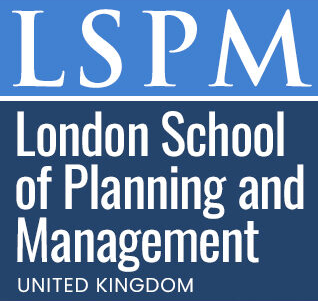Certified Professional in Mediation for Conflict Transformation and Peacebuilding
Published on June 28, 2025
About this Podcast
HOST: Welcome to our podcast, where we explore exciting courses and the insights they offer. I'm thrilled to have our guest today, an expert in mediation and peacebuilding. Can you tell us a bit about your background and connection to the 'Certified Professional in Mediation for Conflict Transformation and Peacebuilding'? GUEST: Absolutely! I've spent over 20 years working in conflict resolution and peacebuilding, focusing on restorative justice and transformative mediation. This certification course aligns perfectly with my expertise and passion for transforming conflicts into opportunities for growth. HOST: That's impressive! The course emphasizes advanced mediation techniques like restorative justice and transformative mediation. Can you tell us how these techniques are currently being applied in the field? GUEST: Of course. Restorative justice is gaining popularity in criminal justice systems as an alternative to traditional punishment. Transformative mediation, on the other hand, is being used in workplaces, schools, and communities to address and heal from conflicts while fostering healthier relationships. HOST: It's fascinating how these techniques can change the way conflicts are approached. I imagine there must be challenges in teaching or learning such complex subjects. What are some hurdles you've encountered or observed? GUEST: One challenge is helping learners understand that mediation is not about "winning" or "losing" but about fostering understanding and collaboration. Another challenge is helping students adapt these techniques to diverse cultural contexts, ensuring their effectiveness across various settings. HOST: That's insightful. Speaking of cultural context, how do you see the future of mediation and peacebuilding, especially given the increasing cultural diversity in many communities and workplaces? GUEST: The future of mediation and peacebuilding lies in intercultural competence and adaptability. As societies become more diverse, mediators must develop the skills to navigate and resolve conflicts in ways that respect and honor various cultural backgrounds and perspectives. HOST: Thank you for sharing your thoughts and experiences with us today. It's clear that this certification course is both timely and essential for professionals working in mediation, conflict resolution, and peacebuilding. GUEST: My pleasure. I encourage anyone interested in these fields to explore the course and empower themselves to build peace in our increasingly interconnected world. Register now and start making a positive impact!
